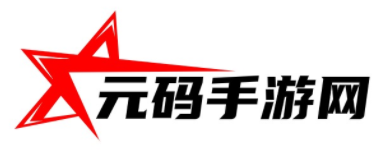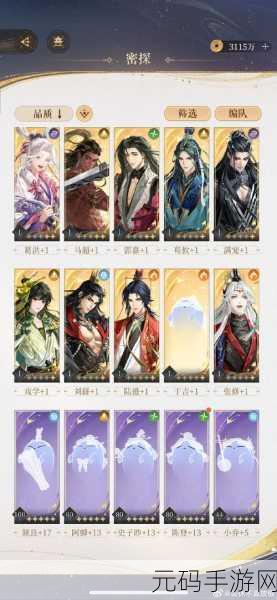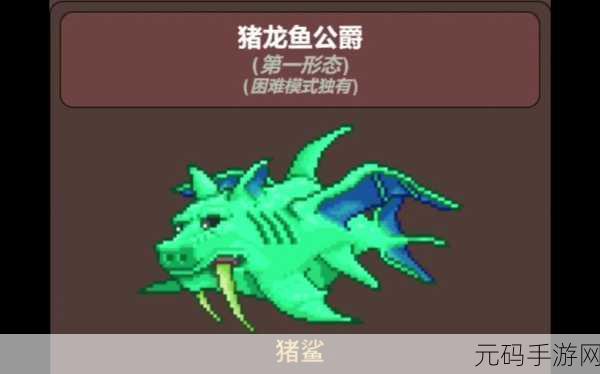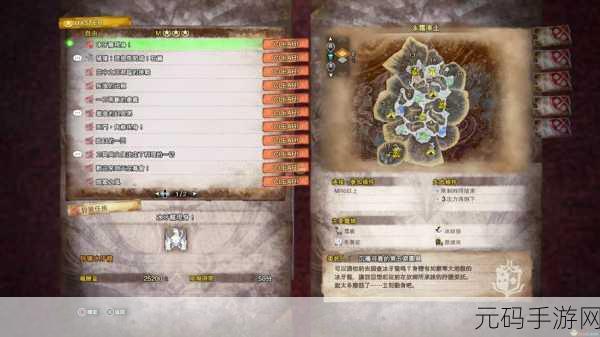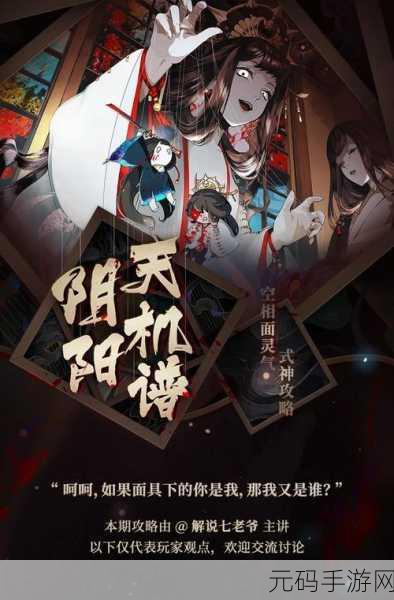乾隆在马吃小燕子奶:乾隆与小燕子奶:一段历史的温情记忆
历史背景中的奇趣传说
清朝时期,皇帝们通常在政务繁忙之余寻求娱乐和消遣。乾隆皇帝作为一位文治武功兼备的统治者,他对于美食、艺术以及动物都有着浓厚的兴趣。在这样的时代背景下,有一些关于他的趣闻轶事流传至今,其中“马吃小燕子奶”的故事便是其中之一。这则传奇色彩的大事件充满了幽默感,也展示了当时宫廷生活的多样性。
传统与民间信仰交织
古代中国对动物有着独特而深刻的理解,尤其是在农耕文化盛行的环境中,人们相信某些动植物具有特殊意义或能力。“马吃小燕子奶”这一说法不仅仅是一种夸张,更反映出人们对自然界神秘力量的一种崇敬。根据记载,小燕子的乳汁被视为珍贵,而能让骏马饮用更是显示其尊贵地位,这既反映了社会阶层结构也暗示了一种人与自然之间和谐共生的重要性。
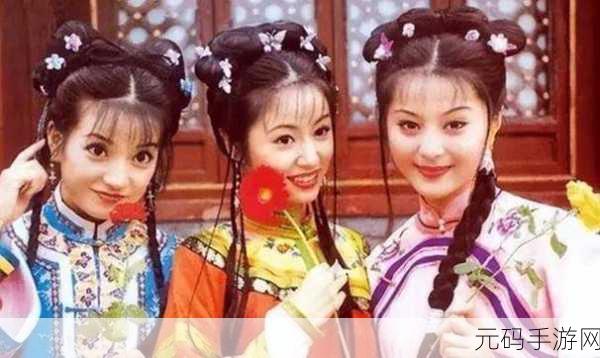
寓意深远的人物塑造
乾隆皇帝以其卓越才干赢得百姓爱戴,但他同时也是个颇具个人魅力的人。他热衷于绘画、书法及诗词创作,对待宠物如同家人一般。《红楼梦》这部经典作品中,通过贾宝玉等角色可以看到养宠之乐。而“马吃小燕子奶”这个情节,像极了那些富裕家庭中的孩子跟随母亲一起照顾无辜的小鸟,让人不禁莞尔,同时又增添了一丝温馨的人际关系描写。
Cultural Reflection: Beyond the Surface Meaning
This story transcends mere entertainment; it also holds cultural significance. It reflects a time when leisure and duty intermingled, where emperors were not merely rulers but connoisseurs of life’s finer things. The image of a horse partaking in such an unusual delicacy can be seen as a metaphor for extravagance or indulgence that characterized imperial life.
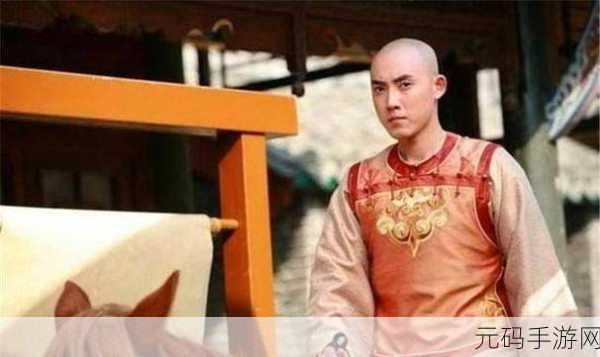
现代视角下的解读与思考
The fascination with this tale continues to spark discussions among historians and culture enthusiasts alike. Some argue that stories like “the horse drinking swallow's milk” exemplify how history often weaves together fact and fiction, highlighting the importance of storytelling in shaping perceptions about figures from the past. Others see it as an illustration of excess during times of prosperity, prompting reflections on contemporary societal values.
Anecdotes That Spark Curiosity
The true essence behind such narratives often lies within their ability to evoke curiosity and inspire imagination. Just imagine if today’s world could embrace even half the whimsy found in historical anecdotes! Whether through literature, art, or everyday conversations, these tales remind people to appreciate both simplicity and sophistication intertwined throughout human existence.
- # 清朝风俗探讨
- # 古代皇家饮食文化
- # 动物在中国传统文化中的象征意义
